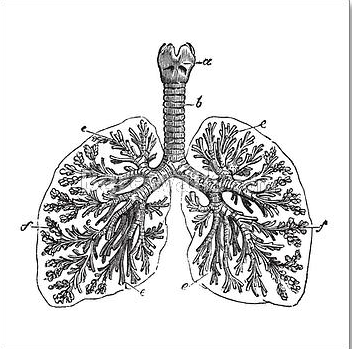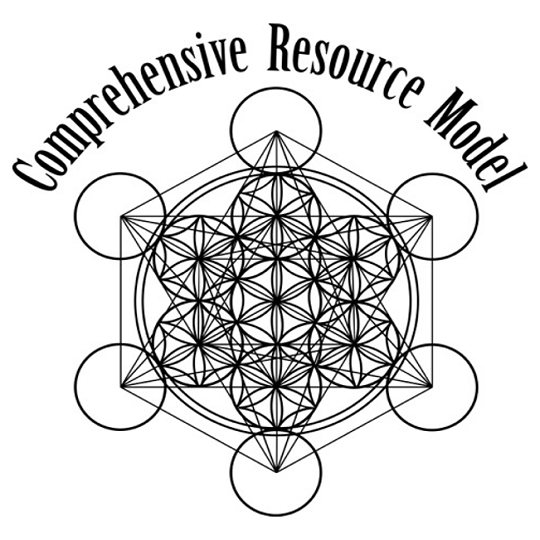Trauma-Informed Care
Trauma-informed care is grounded in and directed by a thorough understanding of the neurological, biological, psychological, and social/relational effects of trauma. It takes into account knowledge about trauma — its impact, interpersonal dynamic, and paths to healing.
-

An Evidence-Based House of Cards
Here is my bias: I believe that therapy is unavoidably complex. How could it be otherwise, encountering as it does all manner of human experience? Wrestling as we do, both client and therapist, with suffering and meaning? It stands counter to reason and intuition alike that formulaic clinical practices would result in solid treatment outcomes. …
-

Why I Believe 4-7-8 Breath is a Good Daily Practice
Deepening our capacity to mindfully attend to internal experience (thoughts, feelings and sensations) in the present moment is an important part of healing from the effects of trauma. Various mindfulness practices (of which there are no shortage these days) can be useful in this pursuit. However, some mindfulness and meditation practices…
-

Food, The Body, and Trauma and Attachment
The Body Isn’t the Problem; it’s the answer. – Rachel Lewis-Marlow In our CCIH Study Group in August we decided to change up our usual routine and discuss a podcast. We choose Food, The Body, and Trauma and Attachment with Guests Paula Scatoloni & Rachel Lewis-Marlow from the Therapist Uncensored podcast series. I have often…
-

Why I Love Sensorimotor Psychotherapy Approaches
Like many therapists, my education and training in clinical psychotherapy primarily comes from a psychodynamic framework. I learned all about relational and attachment psychotherapy, family systems theory, as well as some cognitive-behavioral approaches and basic mindfulness techniques here and there. I am so grateful for all of this foundational framework and I consider it all…
-

Why I’m Passionate About Somatic Psychotherapy
Many years ago I attended a workshop for an upcoming training in Somatic Experiencing. The trainer, Ariel Giaretto was asked a question about birth trauma and as part of her response she said: “Premies have one foot in this world and one foot still in the last.” She described my life in that one sentence…
-

“Why Don’t You like CBT (Cognitive behavior therapy)?”
An innocent question – asked of me by a client in a recent session. “Because it is only cognitive and accessing other parts of experience are essential for healing” was my brief reply. But I found myself thinking more about the question later… I have been a practicing therapist, specializing in the treatment of…
-

An Overview of the Comprehensive Resource Model
I was introduced to the Comprehensive Resource Model, or CRM, about 4 years ago, which was (and continues to be) developed by Lisa Schwarz. As a trauma informed and attachment informed therapist, I see a lot of people struggling with complex trauma and attachment wounds and was frustrated by the limitations of talk therapy. So…
-

Creating Safe, Affirming Spaces for People of All Sizes
There are few experiences as disheartening as going to a new place – a doctor’s office, a restaurant, a hair salon – and finding that it was not designed with my body in mind. (Don’t even get me started on airplanes). As a fat woman navigating a world made for people with thin bodies, I…
-

Sex – a Mindful Exploration of the Experience of Pleasure in the Body
Bringing mindfulness to your sexual experience can begin to offer a more nuanced understanding of your own experience in your body. It’s often true that unless something is wrong, we don’t spend much time noticing what’s right. And when it comes to sex, our feelings and experiences can be complicated by trauma or fear, which…
